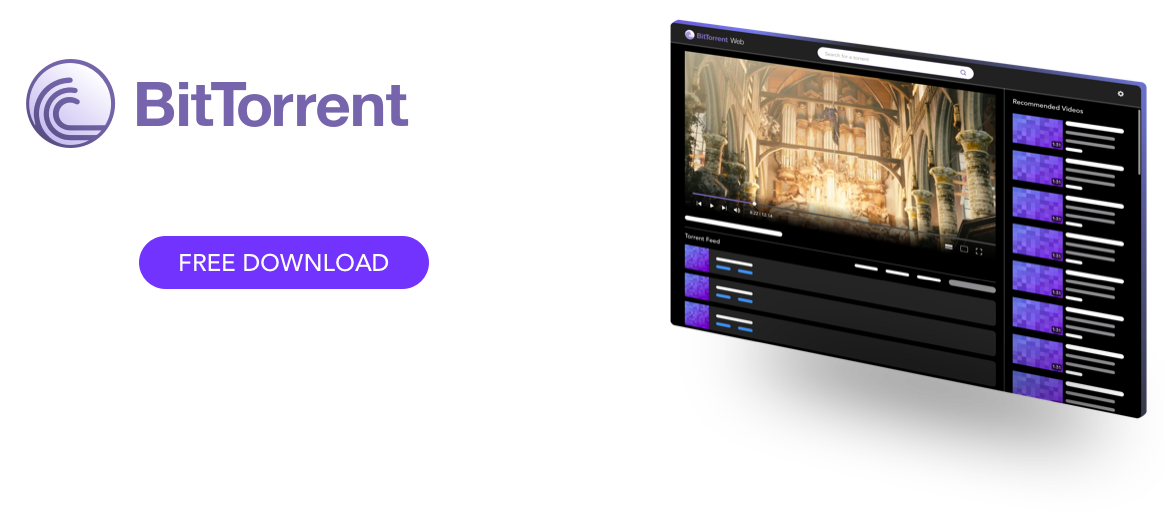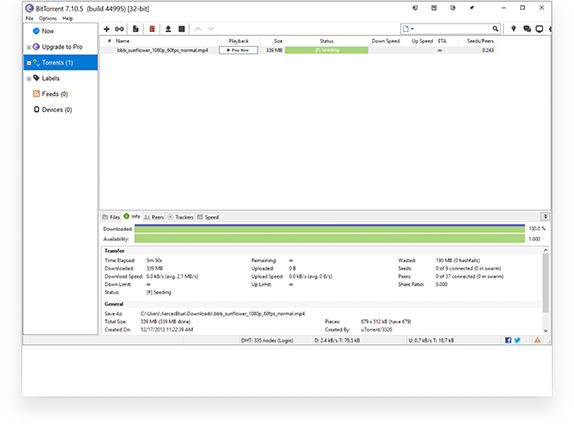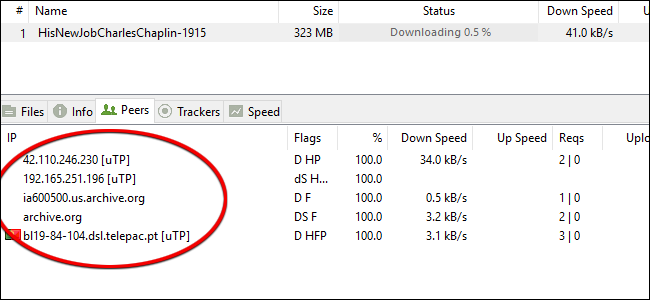Many people are reportedly getting notices from their internet service providers after downloading files using torrents. How does your ISP know that you are using BitTorrent?

It is all in how BitTorrent works. BitTorrent is a lot less anonymous than it might seem to you at a glance. Follow this post to learn about it more.
How Do Torrents Work?

Basically, an internet download involves receiving data from a remote server. Apart from the initial request you send out to get the file, most downloads are a one-way street.
You only receive the data from a central server, and you do not have to send out something from your server. Loading up web pages, watching videos online, and downloading games on Steam all generally works in this way.
However, if too many IP addresses download from the same server at the same time, it may get clogged and will also cause a dip in download speed.
Torrents basically differ from typical internet downloads because they follow a peer-to-peer protocol. A torrent “swarm” is a group of IP addresses simultaneously downloading and uploading a file.
Instead of just downloading a file from a server somewhere, you normally also upload parts of it to other people. Because of this constant process of exchange, a file associated with a torrent often downloads significantly faster than a standard download.
BitTorrent is frequently used for piracy purposes. However, there are many legitimate uses for torrenting too. Because they can be paused, resumed, and split up into smaller parts.
They are also ideal for downloading large files such as games, software, plugin packs, and updates. They are a common distribution method for free music and videos.
What Your ISP Can See

Your internet service provider can not instantly tell if you are using BitTorrent, nor can they tell what you are downloading on it. Most torrent clients normally have some form of encryption, which makes it harder for ISPs (and your home router) to pin down that BitTorrent traffic.
However, there are some ways they can tell that you are using BitTorrent to download something.
Downloading torrents exhibits some very obvious usage patterns, such as multiple concurrent upload streams and many different TCP – transmission control protocols, connections because you are communicating with many IPs at the same time.
If your ISP is actively trying to detect torrent use, they will most likely be able to tell you. Another way they can also do it is by contracting third-parties to monitor groups of torrents, and check if an IP address under them shows up on the list of users on that swarm.
However, most ISPs do not have a direct interest in stopping you from using torrents. The main reason they would pay attention is that torrents consume a lot of bandwidth, but with the rise of high-speed wired connections, this is less of a problem than it used to be earlier.
However, some providers such as WiFi ISPs and mobile networks may throttle (slow) your connection if you download large files by using torrents.
Media Companies and Copyrighted Files
So if ISPs do not care that you are using their service to download files using BitTorrent, why do people get letters telling them to stop using it?

If you are downloading a torrent, you can see every IP address you are connected to. That is why many media companies and large copyright holders join the swarm of popular torrents of their content that has been pirated.
They then extract lists of IP addresses that they know are downloading the file, and sort these lists by ISP. They can then also send notices to internet service providers that these IP addresses under them are downloading pirated material.
Your ISP will then sends a notification to you, telling you that they know you are using BitTorrent and asking you to stop pirating. If you repeatedly do it, your internet may get cut off or worse; the copyright owner may sue you. This is truer if a media conglomerate owns your ISP.
There is little to no risk of getting one of these letters if all of the content you download using torrents is generally legal. Many legitimate software launchers also use a torrent protocol to make downloading their software updates faster.
Do VPNs Hide My Torrent Use?
VPNs or Virtual Private Networks basically allow you to connect to another network online remotely. When you connect to a VPN, your IP address and location are obfuscated behind the network you are connected to.
Many people use Virtual Private Networks to browse the internet more securely or to access region-locked content. When you download a torrent via a VPN, it normally appears as if the new IP address is the peer.
Free VPNs usually are extremely slow and have inconsistent connections, making them more unreliable for downloading large files. A paid VPN generally offers much better security, and speeds are often close to your actual internet connection plan.
Kindly also note that for most BitTorrent clients, torrents continue to upload or “seed” even after you are done downloading the file. If you disconnect from your VPN before you stop the torrent from seeding, your actual IP address may appear on the list of peers.
